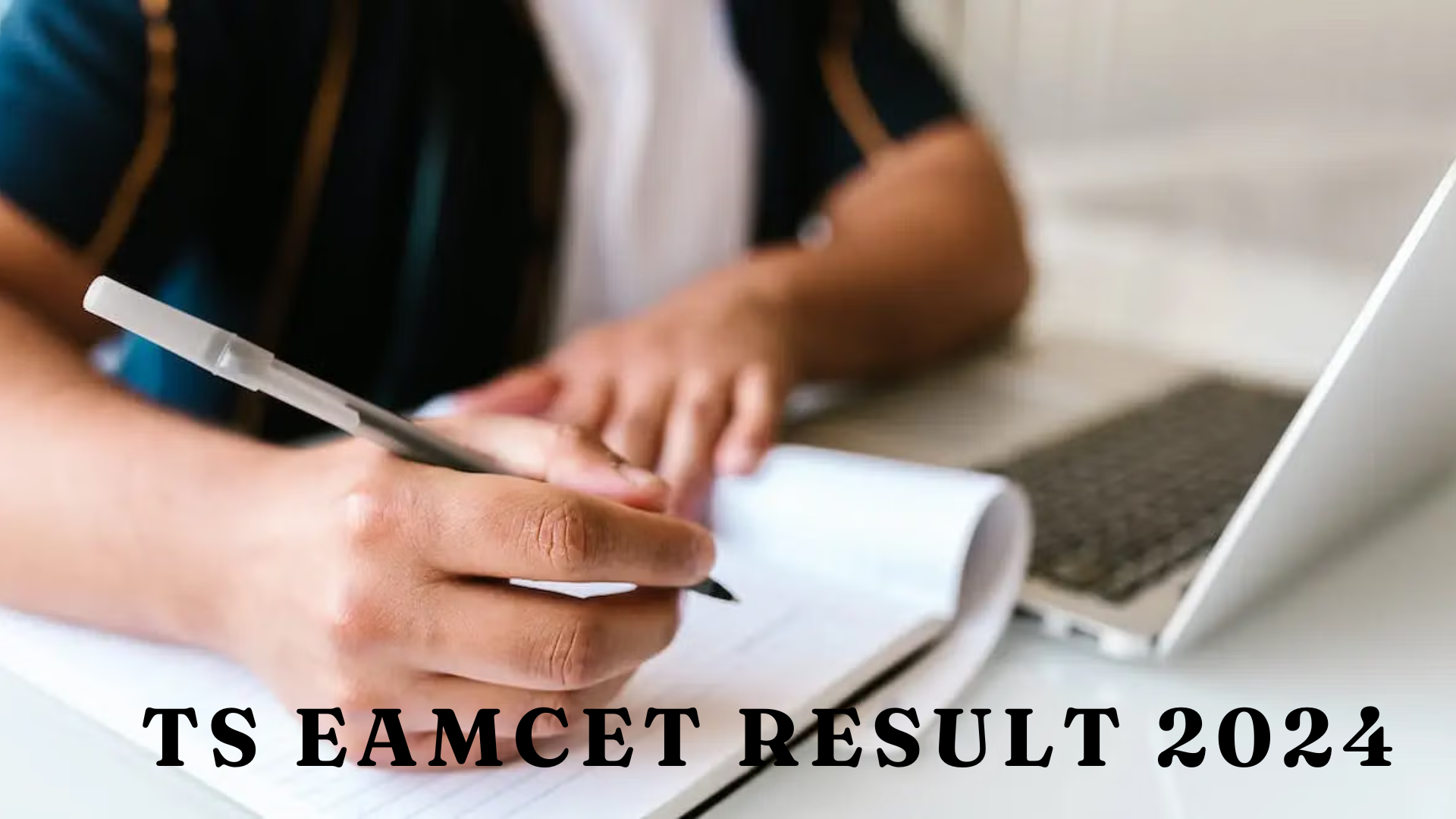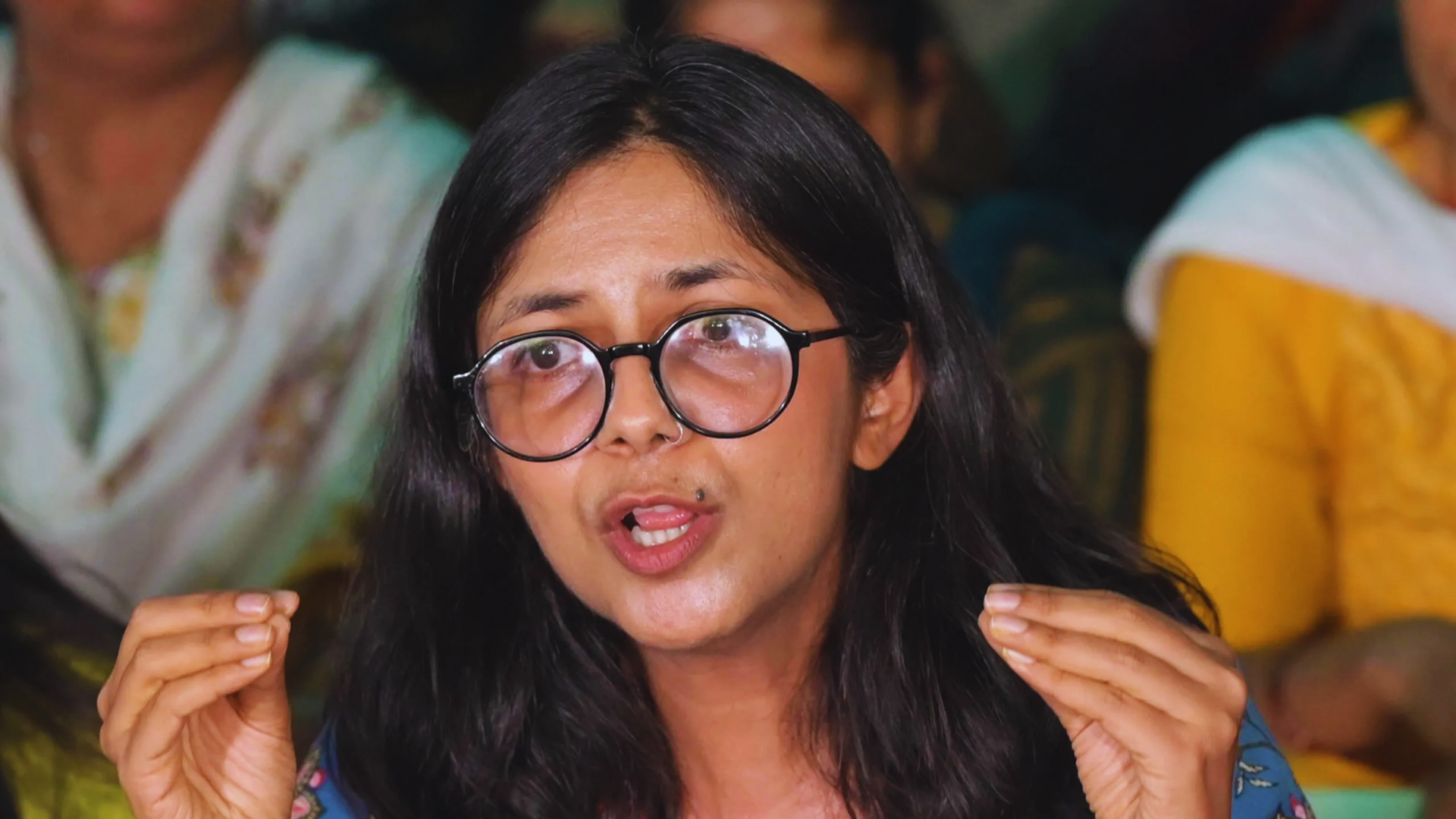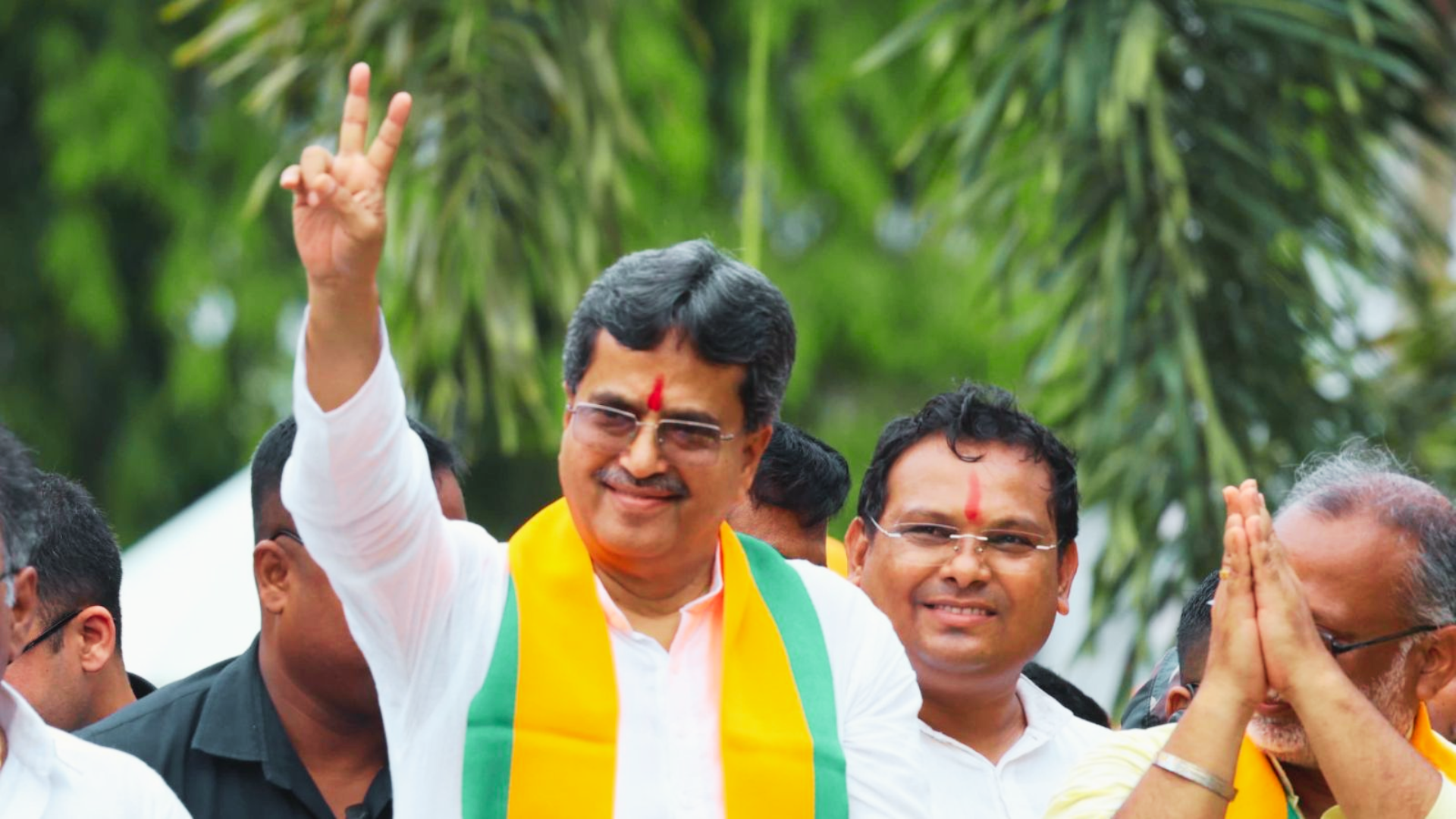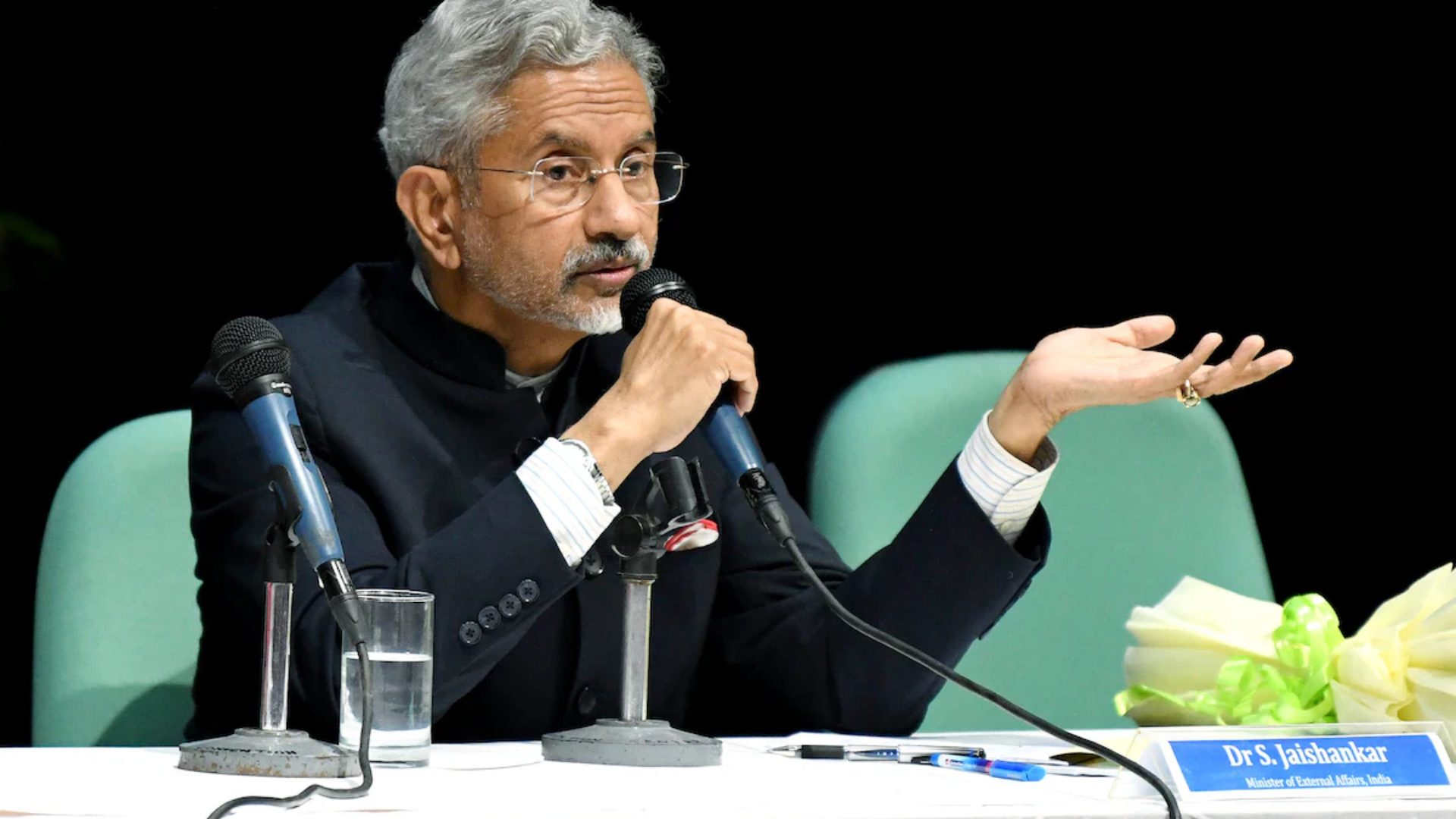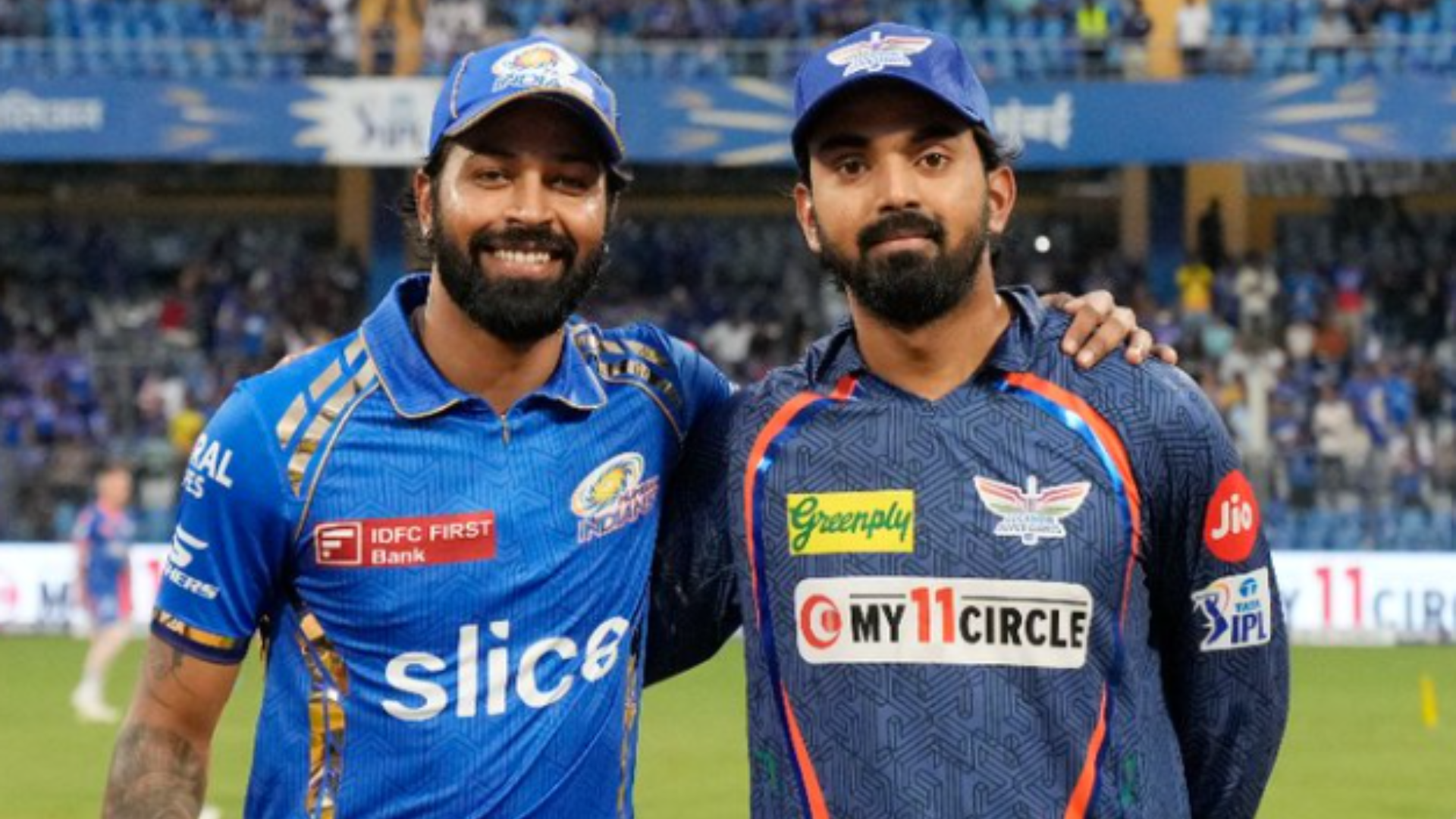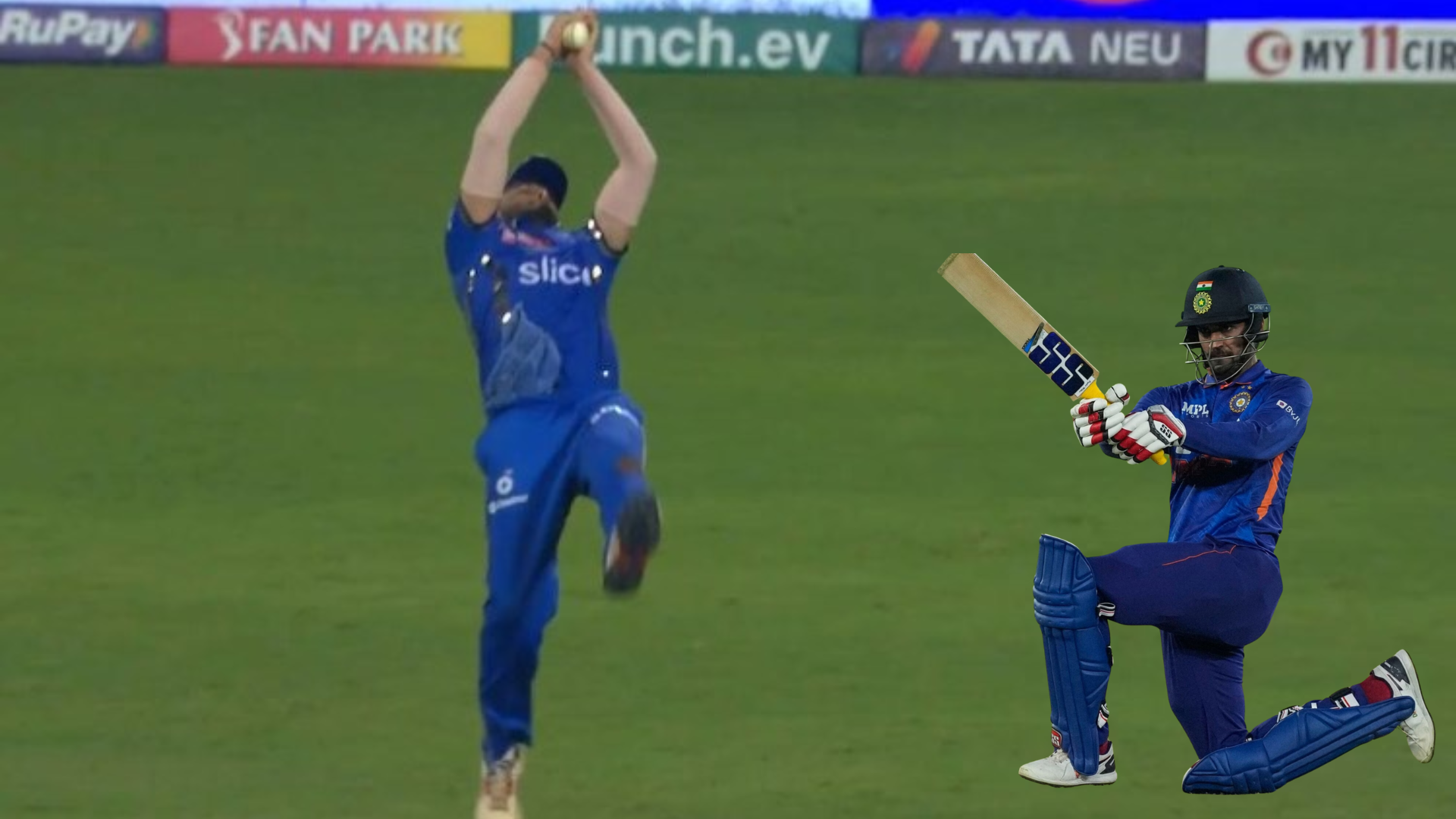





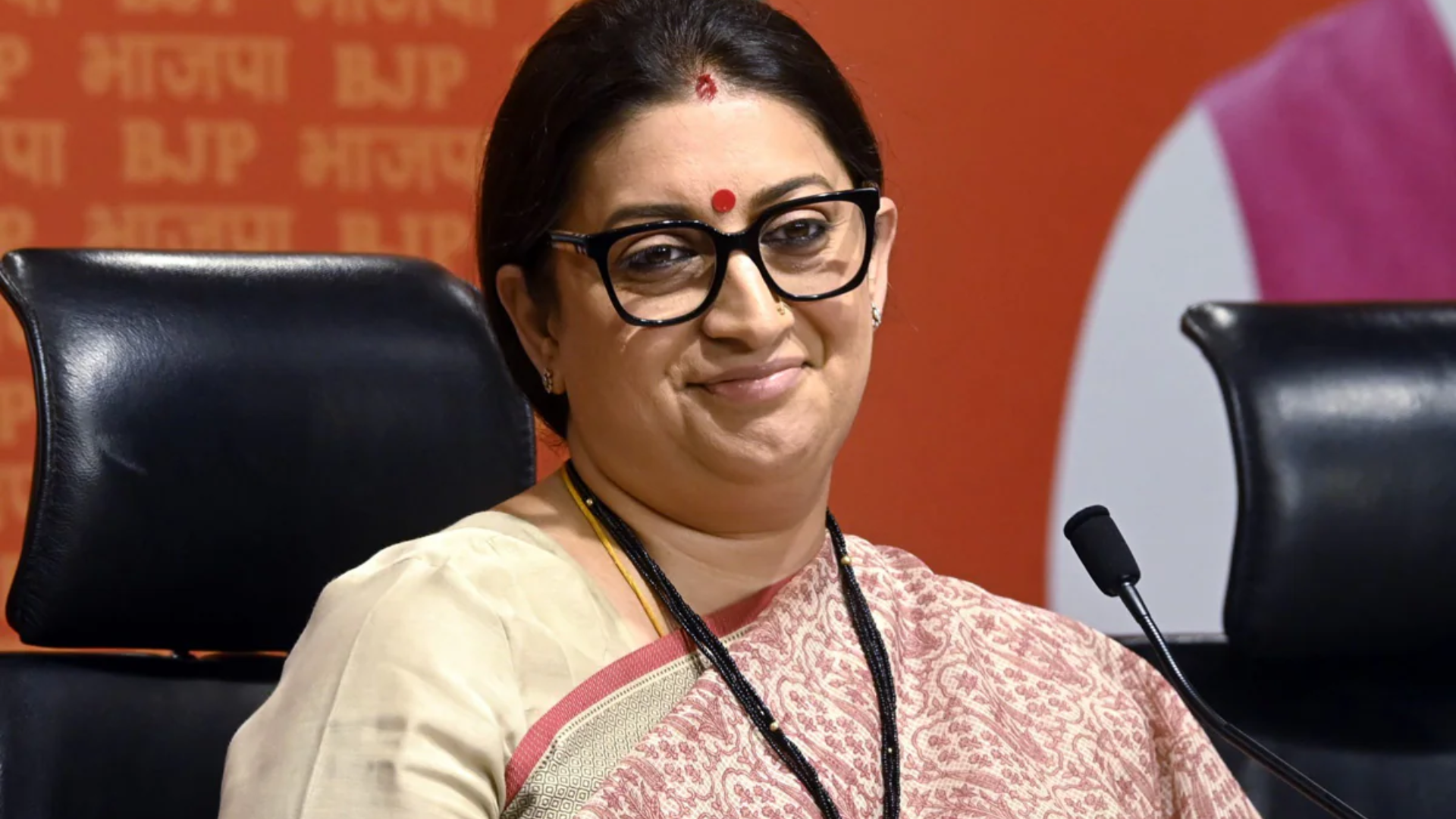


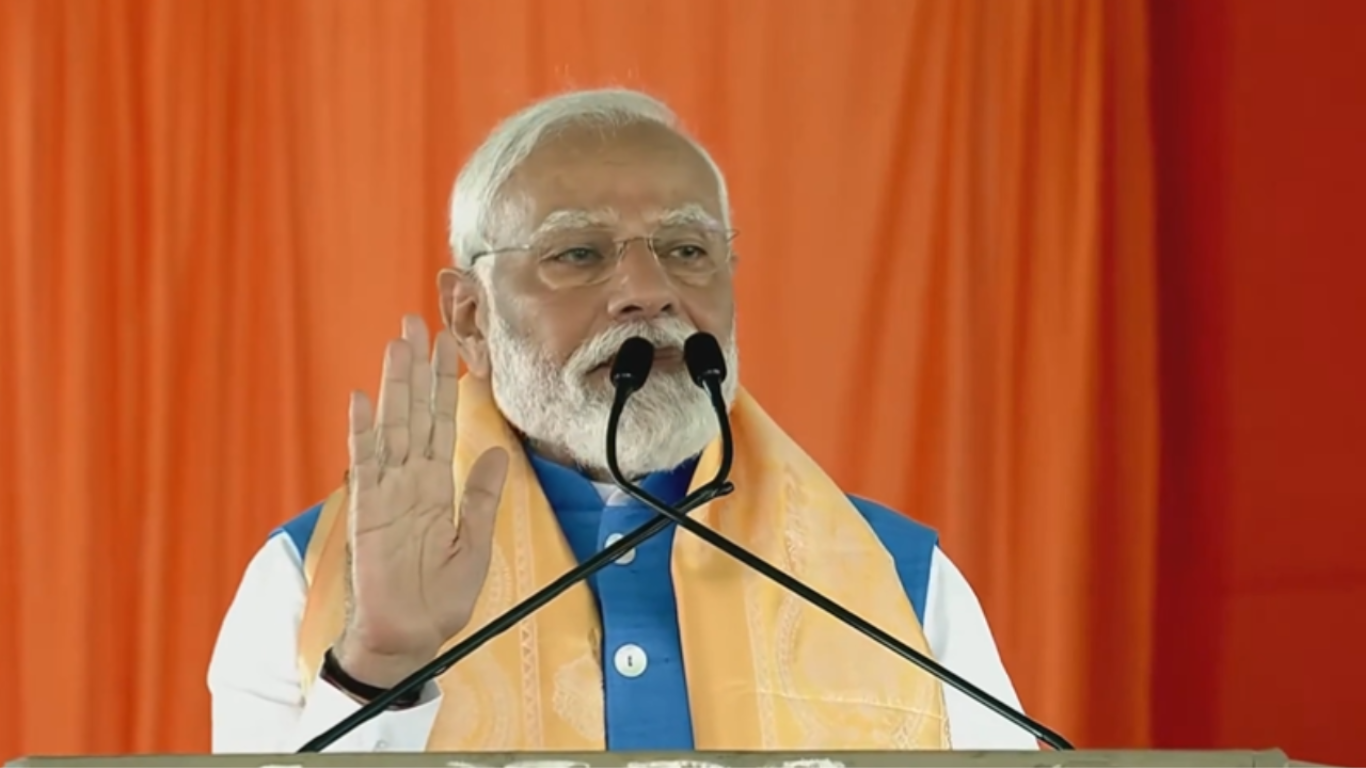
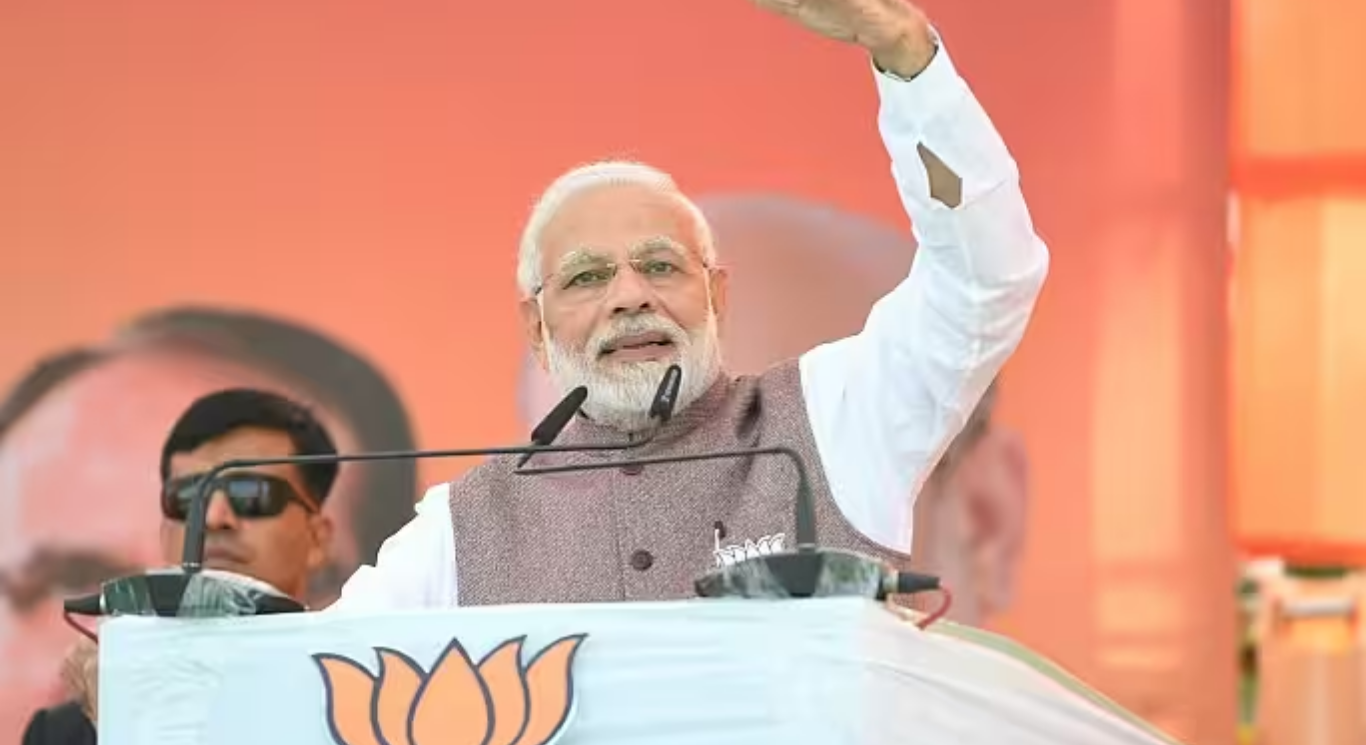
Prime Minister Narendra Modi delivered scathing remarks against the Congress party’s policies and underscored the Bharatiya Janata Party’s (BJP) inclusive approach during his public addresses in Lohardaga and Palamu, Jharkhand.
Addressing a gathering in Lohardaga, PM Modi criticized the Congress party’s alleged focus on a single vote bank, stating, “‘Congress jo chashma pahanti hai usme ek hi vote bank dikhta hai, aur wo hai Muslim vote bank’ (The Congress party sees only one vote bank through its lens, and that is the Muslim vote bank).” He emphasized the detrimental effects of such policies, suggesting that they lead to widespread suffering. In contrast, he highlighted the BJP’s mantra of ‘Sab ka sath, sab ka vikaas’ (Together with all, development for all), asserting that the BJP’s policies are inclusive and do not discriminate.
Also read: Priyanka Gandhi Vadra Counters PM Modi’s ‘Shehzada’ Remark; Calls Him Shehenshah
Continuing his rally in Palamu, Prime Minister Modi launched a scathing attack on the Congress party, labeling it as cowardly and accusing the previous United Progressive Alliance (UPA) government of exhibiting weakness on global platforms following terrorist attacks. He contrasted this with the current scenario under BJP rule, asserting that Pakistan is now “weeping and screaming for help.”
These remarks by the Prime Minister come amidst his ongoing campaign ahead of the upcoming Jharkhand Lok Sabha elections. His speeches at the rally not only targeted the opposition but also sought to garner support for the party by highlighting the BJP’s commitment towards inclusive development and strong leadership.
With Jharkhand set to go to the polls in four phases starting from May 13, the stakes are high for all parties involved, making each public address by the Prime Minister a crucial element in shaping the narrative of the electoral contest.

